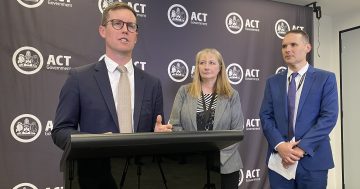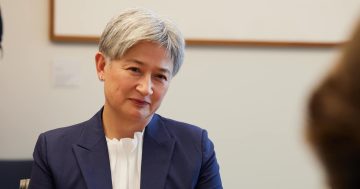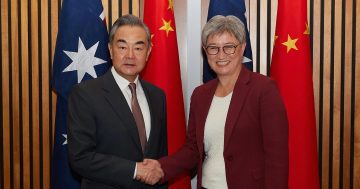Dr Stephen FitzGerald will discuss issues for Australia within the over-arching Australia-China relationship: the leadership of ideas, strategic views, public policy debate and decision-making, including decisions about the US that affect Australia’s relations with China. He suggests it will take a stretch of the imagination for Australia to have a real view of political China and the kind of political relationship we need, but do not yet have. A substantially upgraded political relationship is critical not only because of the strategic challenges of China’s ascension, but also for managing complexities in Chinese foreign policy-making. He proposes that for an effective over-arching strategy, Australia needs a revival of the national conversation on identity and values, a wide-ranging national assessment of China, a greater contribution to the public policy debate by China scholars, and government preparedness to engage with that public debate.
Dr FitzGerald began his professional career as a diplomat, studied Chinese and became a career China specialist. He was China adviser to Gough Whitlam and Australia’s first Ambassador to the People’s Republic of China. Since the late 1960s, he has worked for policy reform in Australia’s relations with Asia, and for Asia Literacy for Australians. He was head of the ANU Department of Far Eastern History and also of its Contemporary China Centre in the 1970s. He chaired the 1980 government Committee to Advise on Australia’s Immigration Policies, which wrote the landmark report Immigration. A Commitment to Australia. He has been consultant to the Queensland and Northern Territory governments on the introduction of Asian languages to the school curriculum, and consultant to Monash, Melbourne and Griffith universities on mainstreaming Asia in university studies. He has also been a consultant on governance-related aid in China and Southeast Asia for the Federal and Northern Territory governments, and the governments of Britain, Denmark and others. He is currently researching change in Australia’s policies and attitudes towards Asia from the 1960s to the present.
When: Thursday 1 November, 6–8pm
Where: The Finkel Lecture Theatre, The John Curtin School of Medical Research, Garran Road, The Australian National University
Light refreshments will be provided from 5.15–6pm.
Enquiries: E events@anu.edu.au T 02 6125 4144
Free and open to the public





















